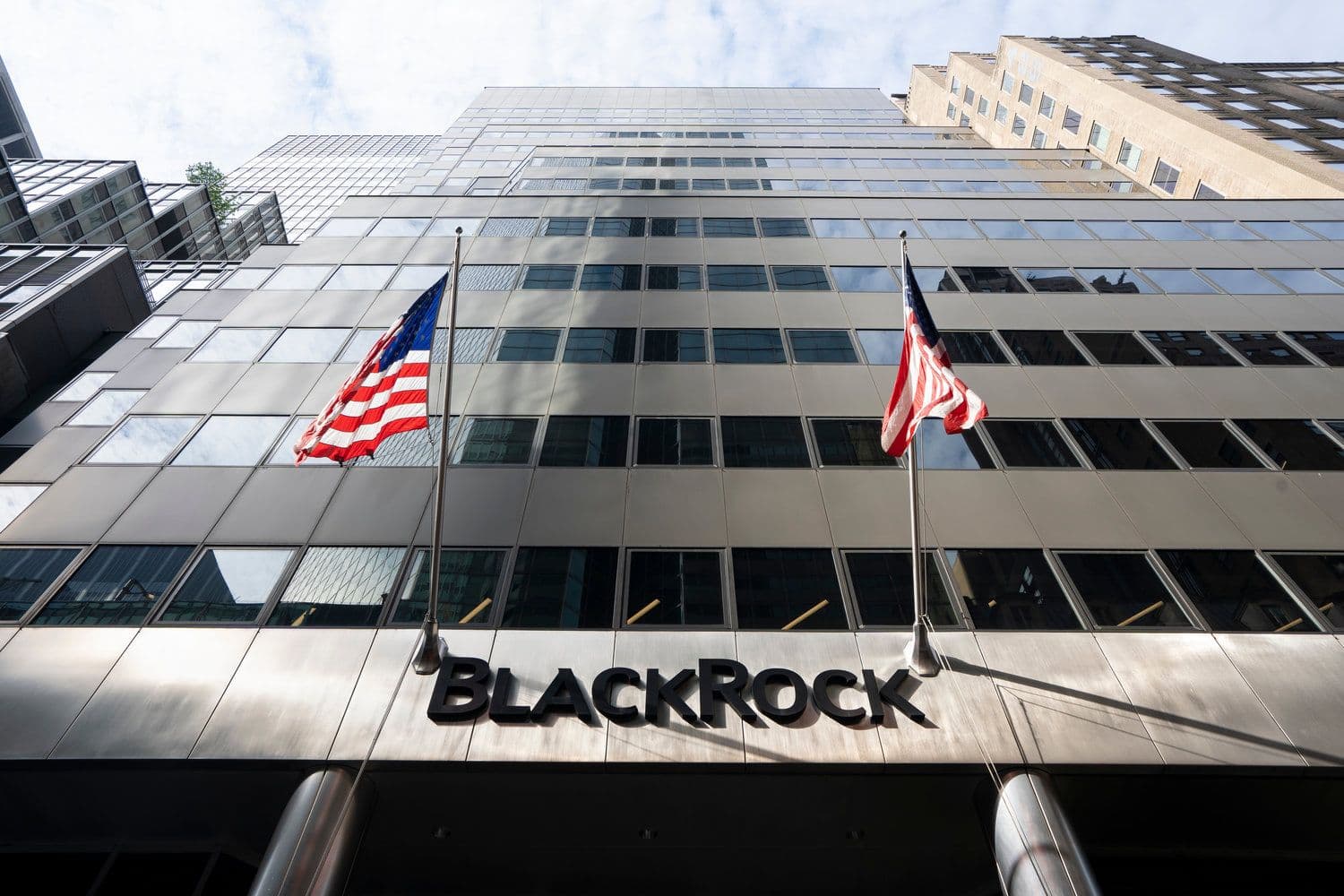BlackRock is seeking regulatory approval to create blockchain-based shares for its $150 billion Treasury Trust money market fund through a partnership with BNY Mellon, according to a Securities and Exchange Commission filing Wednesday. The financial giant's move represents another significant step in bringing distributed ledger technology into traditional finance.
What to Know:
- BlackRock plans to offer "DLT Shares" for its $150 billion Treasury Trust fund, using blockchain to track ownership records
- The digital shares require a $3 million minimum investment and will be distributed exclusively through BNY Mellon
- CEO Larry Fink has repeatedly emphasized tokenization's potential while warning about U.S. financial vulnerability
The proposed "DLT Shares" — shorthand for distributed ledger technology — would not hold cryptocurrency directly. Instead, BNY Mellon, which would serve as the fund's exclusive distributor, intends to use blockchain technology to mirror share ownership records. This approach represents an incremental step that could eventually lead to broader adoption of tokenized cash and digital assets in traditional financial markets.
Industry observers note this development comes amid growing experimentation with blockchain-based representations of real-world assets. The financial sector has been rapidly integrating these technologies into conventional systems, bridging traditional finance with cryptocurrency infrastructure.
Earlier Wednesday, Libre announced it was tokenizing $500 million of messaging platform Telegram's $2.4 billion debt and migrating it to the TON blockchain, highlighting the acceleration of this trend across various segments of the financial industry.
Growing Momentum for Tokenization
BlackRock's Liquidity Treasury Trust Fund, which managed over $150 billion in assets as of April 29, represents one of the firm's largest investment vehicles. The new DLT share class would target institutional investors, requiring a minimum initial investment of $3 million, though subsequent purchases would have no minimum requirement.
The SEC filing remains preliminary and subject to regulatory approval before implementation. Financial analysts suggest the move signals BlackRock's strategic commitment to blockchain technology despite regulatory uncertainty in the sector.
This initiative builds upon BlackRock's previous ventures into tokenization. The asset manager's blockchain-native BUIDL fund, created in partnership with digital asset securities firm Securitize, now manages over $1.7 billion in assets and recently expanded its blockchain offerings onto the Solana network.
Larry Fink, BlackRock's chief executive officer, has consistently emphasized his belief in the transformative potential of tokenization and decentralized finance.
In his 2025 annual letter to shareholders, Fink warned that the United States risks ceding its financial dominance if it fails to address its mounting debt — a vulnerability that could accelerate investor interest in alternatives like bitcoin.
"If the U.S. doesn't get its debt under control... America risks losing [its reserve currency status] to digital assets like Bitcoin," Fink wrote in the shareholder letter. "Decentralized finance is an extraordinary innovation. It makes markets faster, cheaper, and more transparent. Yet that same innovation could undermine America's economic advantage."
Financial technology experts suggest that BlackRock's move reflects growing institutional acceptance of blockchain infrastructure. The asset management industry has increasingly recognized the potential efficiency gains and cost reductions possible through distributed ledger technology, particularly for record-keeping and settlement processes.
Closing Thoughts
BlackRock's filing to offer blockchain-based shares for its Treasury Trust fund represents a significant development in the integration of distributed ledger technology within traditional finance. As major financial institutions continue exploring tokenization strategies, the boundaries between conventional markets and digital asset infrastructure appear increasingly permeable.



